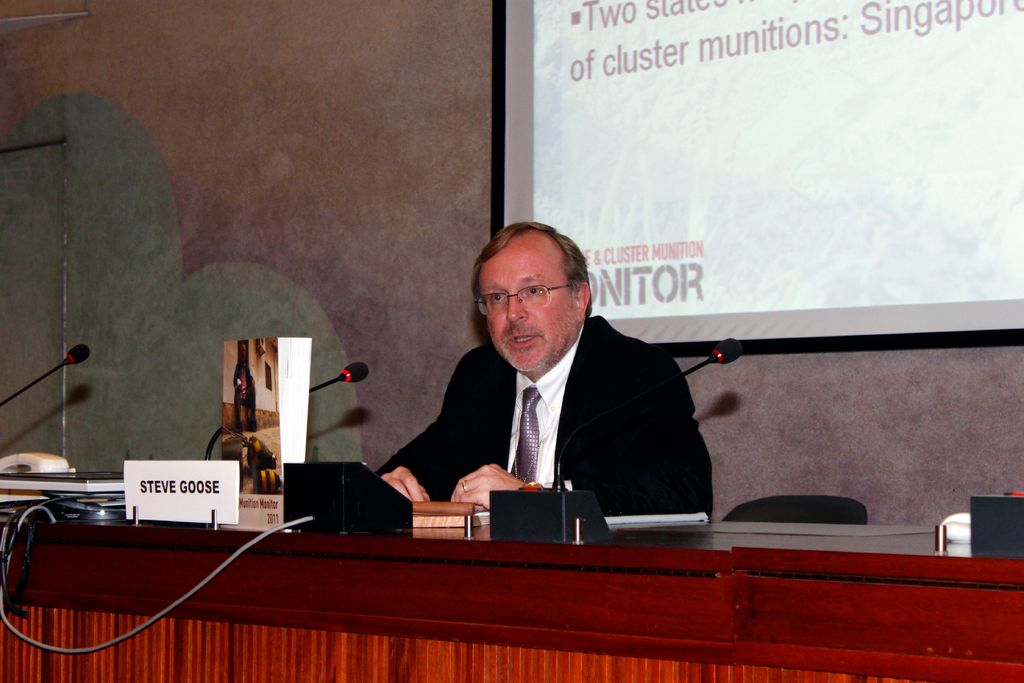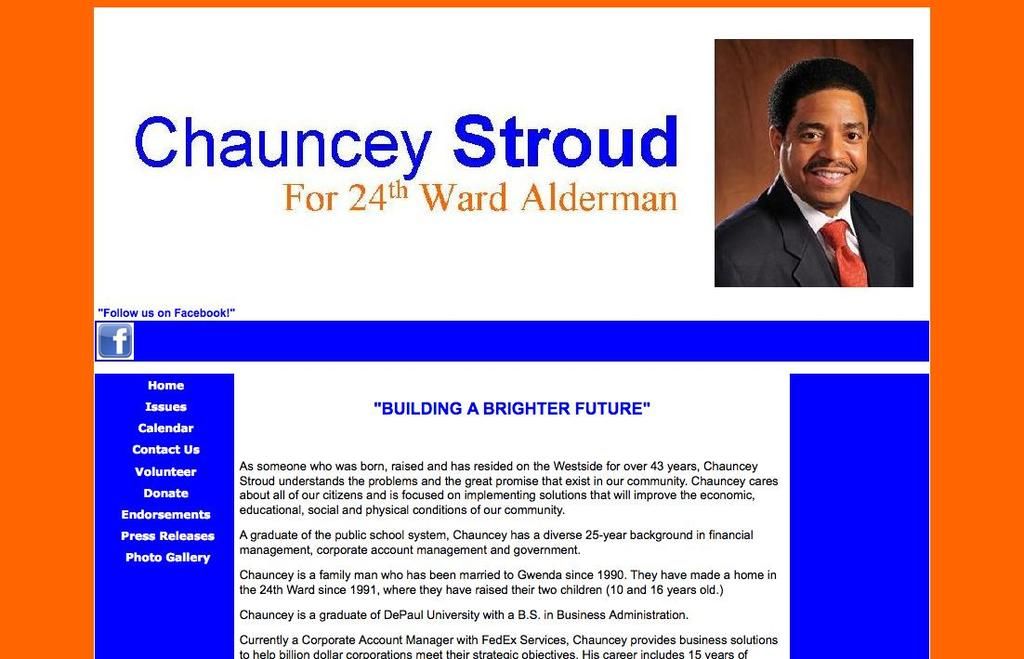Struggling Nightlife Venues in the UK Lumbered with Economic Hardships
The UK's vibrant nightlife industry, a cornerstone of urban business, is grappling with mounting pressures. Consumer habits are evolving, the economy is facing challenges, and regulatory hurdles are tightening the screws on night-time operators.
Phil Urban, CEO of one of the country's largest pub and bar chains, Mitchells & Butlers, painted a grim picture, labeling the late-night segment as the most troubling part of the market. He attributed this to a broader structural decline, citing the influence of social media and the booming takeaway culture as key factors drawing young consumers away from bars and nightclubs.
As a result, Mitchells & Butlers, which operates chains like All Bar One and Toby Carvery, has seen stronger performance in family-friendly and daytime venues, where demand has largely held up during national holidays and special events.
Industry data bolsters Urban's claims. Since March 2020, over 3,000 pubs, bars, and nightclubs have shuttered in London alone, according to the Night Time Industries Association (NTIA). Nationwide, nightclub numbers have plummeted by nearly a third since the pandemic began.
An Adam Smith Institute report estimates London's nightlife to be a £46bn asset that also supports spending in sectors like transport, food services, and security. However, it raises concerns about escalating costs, stringent regulations, and political mismanagement that threaten the sector's survival.
To address these concerns, London Mayor Sadiq Khan launched a dedicated Nightlife Taskforce in February. Led by Cameron Leslie, co-founder of Fabric nightclub, the taskforce aims to work alongside the industry to navigate post-pandemic challenges.
While there are signs of hope, the UK's nightlife faces steep challenges. According to Michael Kill, CEO of the NTIA, the industry is on the brink of turning a corner, with the first net positive position in years noted in Q1 of 2025. However, this progress is tenuous, with increased taxation and rising costs making nights out increasingly expensive and unaffordable.
Cost of living pressures are also putting a squeeze on household budgets, further harming the industry. Industry leaders are advocating for VAT cuts, beer duty reductions, extended night tube services, and regulatory reforms to help the sector weather these storms. Otherwise, the UK's nightlife risks becoming an economic casualty.
The grappling nightlife industry, a significant contributor to urban business and finance, is facing a deteriorating situation due to evolving consumer habits, a struggling economy, and stringent regulations in the transport, entertainment, and food services sectors. To counter these challenges, industry leaders are calling for VAT cuts, beer duty reductions, extended night tube services, and regulatory reforms to safeguard the industry's future and prevent it from becoming an economic casualty.








